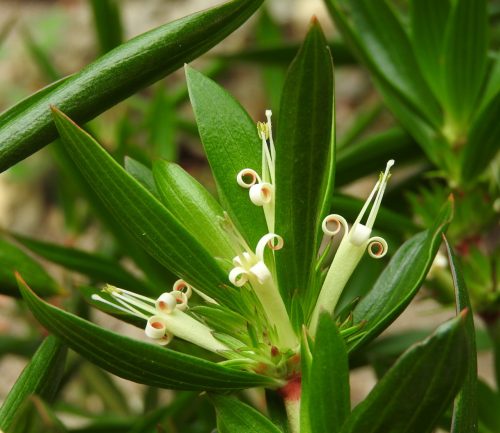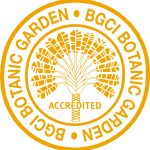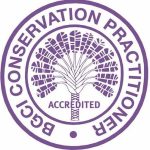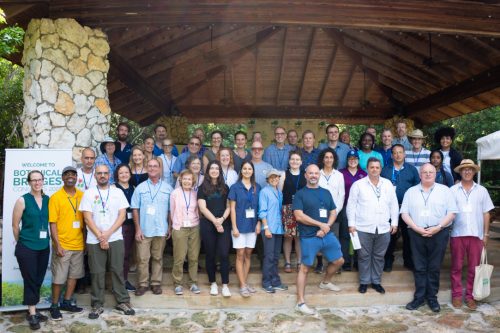Regional and Global Contributions
Global Strategy for
Plant Conservation

With Dr Freid’s guidance, the Levy Preserve and the Bahamas National Trust have been working toward fulfilling the Global Strategy for Plant Conservation (GSPC) under The Bahamas’ commitment to the Convention on Biological Diversity. The GSPC is a plan to conserve the world’s most threatened plant species by the year 2020.
Botanical Gardens Conservation International
The Leon Levy Native Plant Preserve is a member of Botanical Gardens Conservation International (BGCI), a global plant conservation network representing 500 botanic gardens in more than 100 countries, including the largest and most influential gardens in the sector. The Levy Preserve has received accreditation as a Botanical Garden and as a Conservation Practitioner through BGCI.


Botanical Bridges

Learn more about the 2022
Botanical Bridges hosted at The Preserve.
Red Listing
Until recently Red Listing was challenging for The Bahamas to conduct, as there was a lack of trained expertise in how to actually conduct the process. To remediate this, The Levy Preserve and The Bahamas National Trust hosted a Red List training workshop in Nassau in November 2018. It was supported by Botanical Gardens Conservation International and the Missouri Botanical Garden as partners in the training.
It was a weeklong and had 22 participants including 13 Bahamians from The BNT, the Department of Marine Resources, DEPP and Forestry. It also included Botanists from 7 other countries from around the Caribbean and while it was taught by two botanists the training is not kingdom specific and all of the types of data and analysis needed for plants are the same as for animals and fungi.
Global Tree Assessment
The Red Listing focus has primarily been on Bahamian species but given the nature of regional distributions of many species, we have assisted in Red List assessments of trees as part of the Global Tree Assessment
This project is working to complete conservation assessments of all of the world’s ~39,000 tree species. The Levy Preserve has completed over 100 regional tree assessments.